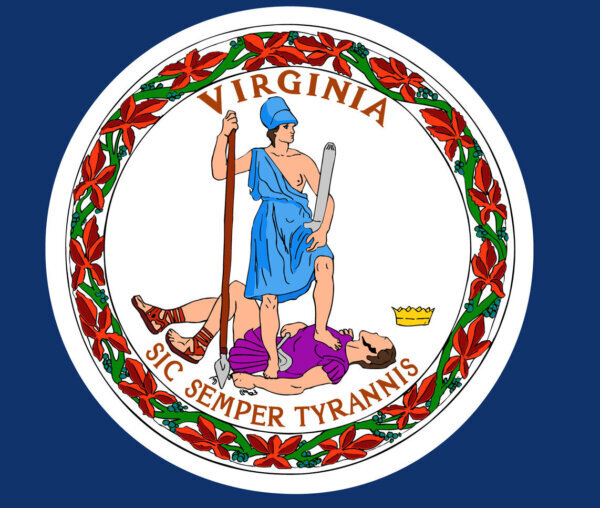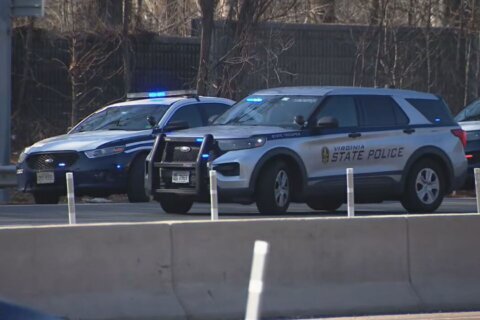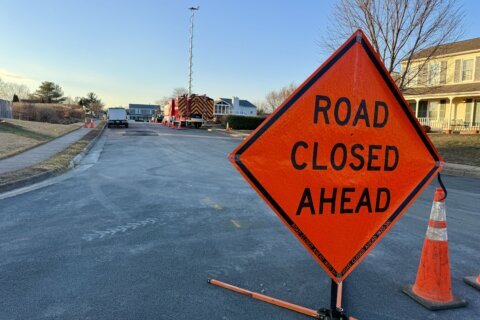Fairfax County, Virginia, school officials are pushing back on the state’s highly-scrutinized proposed history and social science standards of learning, calling some of them misplaced at certain grade levels, inaccurate and, in some cases, missing critical information.
Superintendent Michelle Reid and Rachna Sizemore-Heizer, chair of the school board, said in a letter sent last week that the latest proposed standards document, released in January, is “replete with historical and developmental errors and concerns and is lacking an inclusive telling of history with the full breadth of perspectives and experiences.”
The addition of over 100 standards, they said, will require “rote memorization for the sake of content coverage” and will challenge teachers to cover more information without additional time to do so.
The letter was sent to state Secretary of Education Aimee Guidera and Virginia Board of Education President Daniel Gecker. When asked for comment on the concerns outlined in the letter, a Department of Education spokesman said, “The department and members of the Board of Education are in receipt of the letter.”
Virginia’s standards of learning were last revised in 2015, and undergo a review process every seven years. The concepts guide curricula decisions and are used to determine what students should know at the end of certain courses.
The review process has been delayed several times, and a November draft of the standards drew backlash for not including holidays like Juneteenth or Martin Luther King Jr. Day in the holiday portions of elementary education concepts. Still, the latest version, released in January, prompted Fairfax County leaders to express “significant concerns.”
The county leaders said the increase from 737 history standards to 869 total concepts and sub-standards creates “content knowledge that is unrealistic, unsustainable, and presents standards that teach students what to think, not how to think.”
The letter cites a standard that would require fourth-grade students to memorize all eight Virginians elected president and their spouses, which said it’s “yet another example of superfluous content that drives students to the lowest levels of cognitive retention.”

The Fairfax officials also outline concerns with when certain concepts are taught. One proposed standard requires second-graders to understand the Louisiana Purchase, which they said “is complicated for a 7 or 8-year-old child.”
Another standard requires second-graders to interpret the state seal on the Virginia state flag.
“This is far too complex for students to understand in terms of needed context and background knowledge and presents an additional challenge of exposing 7 and 8-year-old children to depictions of nudity, political violence, and assassination,” the letter said.
Some of the proposed changes, according to the letter, replace Indigenous Peoples Day with Columbus Day, and in kindergarten through second grade, Christmas has been added “without the inclusion of other religious holidays that are practiced by the diverse people of our Commonwealth.”
One standard, the letter said, doesn’t cover Songhai in a unit about notable African empires and includes “awkward wording which aligns enslaved people with objects like gold, salt and food which dehumanizes those from the African continent, and minimizes the accomplishments of African nations.”
While previous variations of the history standards include history of labor unions, strikes and changes in working conditions, the letter said those references have been deleted. The term fascism has been entirely removed from the standards, according to the letter, which it said is “essential to any understanding of the Second World War.”
Several Virginia agencies and experts have expressed similar concerns with the January standards.
Jillian Balow, the former state superintendent, previously said the board of education is expected to review the proposed standards in August.








